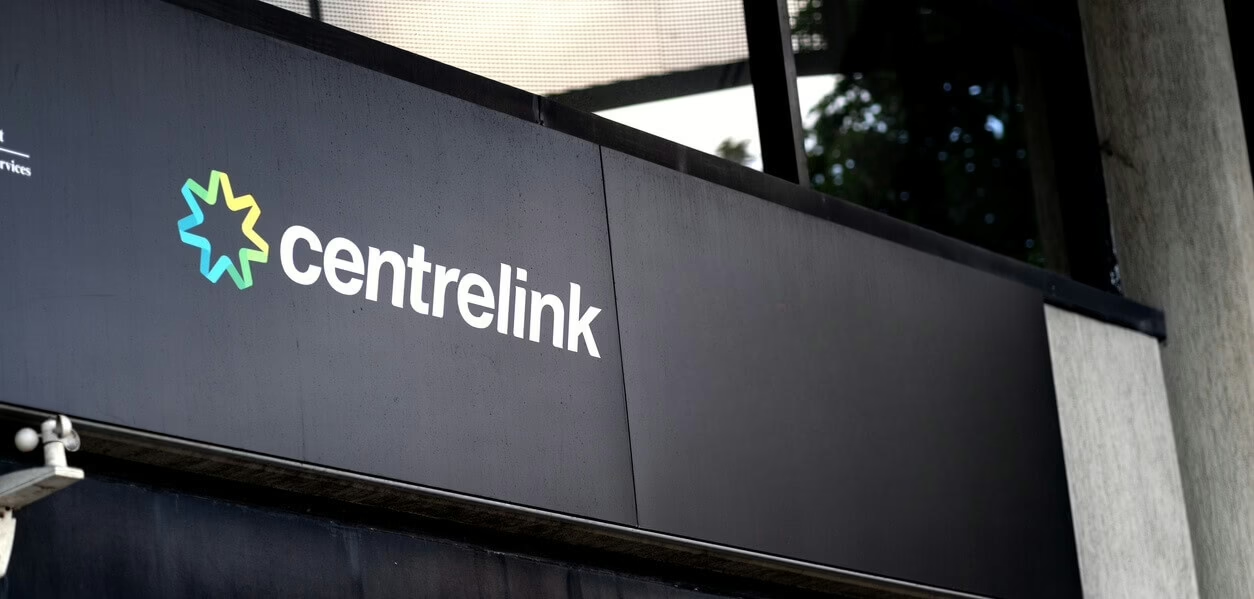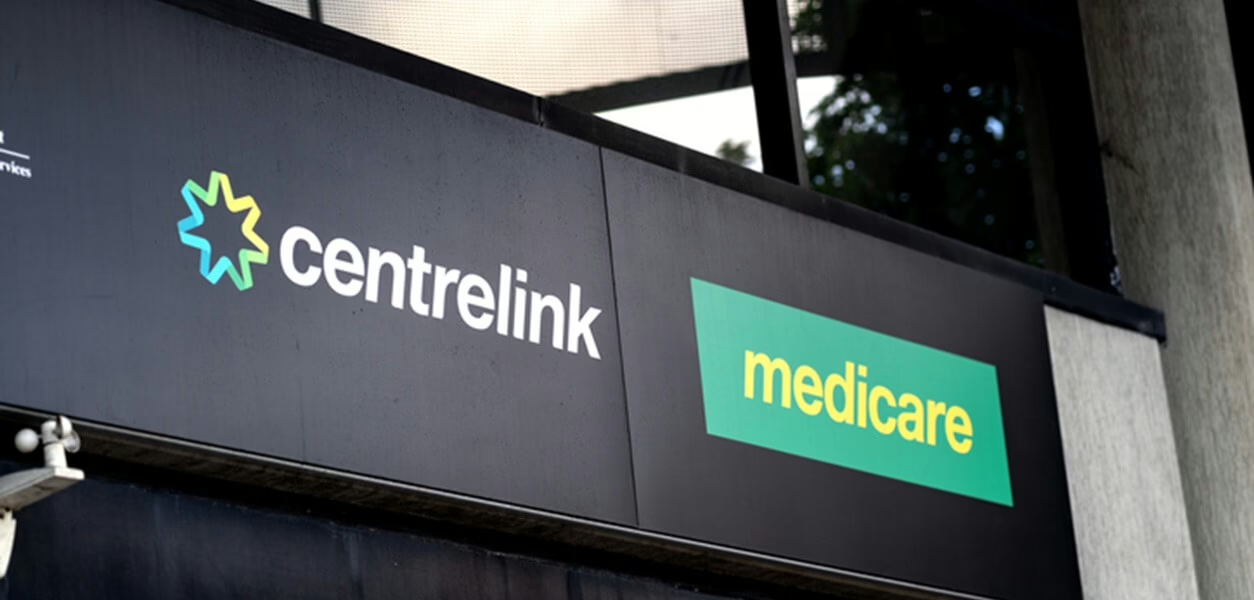
The 20 March Age Pension increases have unleashed a huge number of comments from Retirement Essentials members. You have let us know, in no uncertain terms, how difficult it is to survive on the current rate of the pension, or when you are squeezed out of eligibility by deeming on assets that are not earning much at all.
And then there is the more widespread debate since the increases were announced, with many questioning if the 2.1% increase is ridiculously low.
Why?
The greatest threat to current retirement affordability is the steeply rising prices of basic household goods and services.
Over the calendar year 2021 fuel rose by nearly 30%, vegetables by 8%, insurance costs 3.5% and beef and veal 7%.
So it is fair to question how a 2.1% increase in retirement income will even go near covering price rises such as those mentioned above.
This leads to another question – whether the method of indexing the Age Pension (which is the main source of income for nearly 70% of older Australians) is either relevant or fair.
As explained last week, the recent increases are mainly based upon price rises in the December 2021 quarter. The annual inflation rate to Dec 2021 was 3.5% while the final Age Pension adjustment was slightly less, at 2.1% – the pension is of course adjusted twice yearly and we did see a 1.6% increase last September.
But the critical issue is that the Age Pension indexation process currently references price rises which are almost three months out of date.
As we have seen, the prices of goods and services in Australia in 2022 are soaring.
Petrol is at its highest price since 1990.
Medical costs and insurance are moving up at a rapid rate.
And meat and veggies are increasing at 7%+ per annum.
This then leads to tough decisions about how to manage your household budget:
- As winter approaches, do you heat your home, or eat properly?
- Can you still afford to consume the five types of fruit or vegetables daily that you know are required for balanced nutrition?
- Can you continue to fill your petrol tank to make necessary trips to family, doctors, or work or care duties?
- Is health insurance now a luxury you can no longer afford?
- Without health insurance, what happens if your health declines and you need expensive treatments?
Such expenditure decisions are where the ‘rubber hits the road’ for ordinary Australians on the Age Pension. Perhaps it’s time the system of indexing this vital income was reviewed and replaced with one which better reflects cost of living realities?
What do you think?
Does the most recent increase in the Age Pension mean it remains a sustainable form of income for your household?
Or are increases in basics – including rental prices – simply outstripping your ability to pay?
And what of those who fund themselves in retirement, but are living on low returns on their investments in this low income environment? How are they faring with galloping fuel, energy and medical costs?
Do you need a boost in household income?
If the recent Age Pension increase feel like just a drop in the ocean, perhaps it’s worthwhile reviewing your eligibility criteria to see if you might be entitled to a higher payment due to lower asset or income levels? Remember, Centrelink does not come looking for you to find out if your assets have declined in value. It’s up to you to inform the agency. You can check our free calculator which will help you to work out what you could be entitled to receive.
And if you are on the borderline for pension eligibility, perhaps a consultation with one of our expert advisers will help you assess your options?






Yes I agree that pensioners are being left behind and are suffering due to rising costs.
The Federal government will most probably announce a one of grant in the budget which will do absolutely nothing to assist the pensioner.
To assist the pensioner it may be worth while in reducing the $3 per $1000 the government charges to say $2.5 per $1000 in the asset test as this will give those who have part pensions more funds spread over the financial year as this will mediate some of the cost of living
The government is constantly looking to benefit families with hand outs and tax cuts but the poor pensioner is constantly being forgotten, we have all paid our taxes throughout our working lives so I do believe that we need to be looked after better than we have been in the past
I have found that the so call pension rise was shocking that I had a increase of only $3.80. It seem that I was left out of the so call $20.00 increase.
Hi Peter, thanks for raising your concern. The full pension increase is automatically applied to all pensioners however there are a couple of other factors that can impact the increase you see.
Firstly, as the increase comes in part way through your payment cycle, you will only receive the higher amount for the days left in that cycle. Unless your payment cycle lines up perfectly with the day of the increase you will never see the full increase on your very next pension payment, the following payments will be higher though.
Secondly, March is also the time of year where Super companies provide Centrelink with updates on their customers’ balances. If your super has improved and is worth more now than Centrelink were previously aware that would mean your pension goes down. So although you only see an increase of say $15 overall, it’s because if it were not for the rise then your pension would have actually gone down by $5.
If you are unsure or believe there is a mistake with your pension the best thing to do is contact Centrelink and request a “Detailed Income and Asset Statement”. You can do this yourself if you have access to Centrelink via myGov by going to the “Documents and Appointments” heading and then “Request A Document”. Either way you will receive a summary of all the income and assets Centrelink have recorded for you as well as the values for each. You can then review it all and update Centrelink of anything that is incorrect so that your pension can be recalculated.
Instead of a one time payment why not increase benefits by $3.00 a week on top of indexation . Benefit then ongoing!